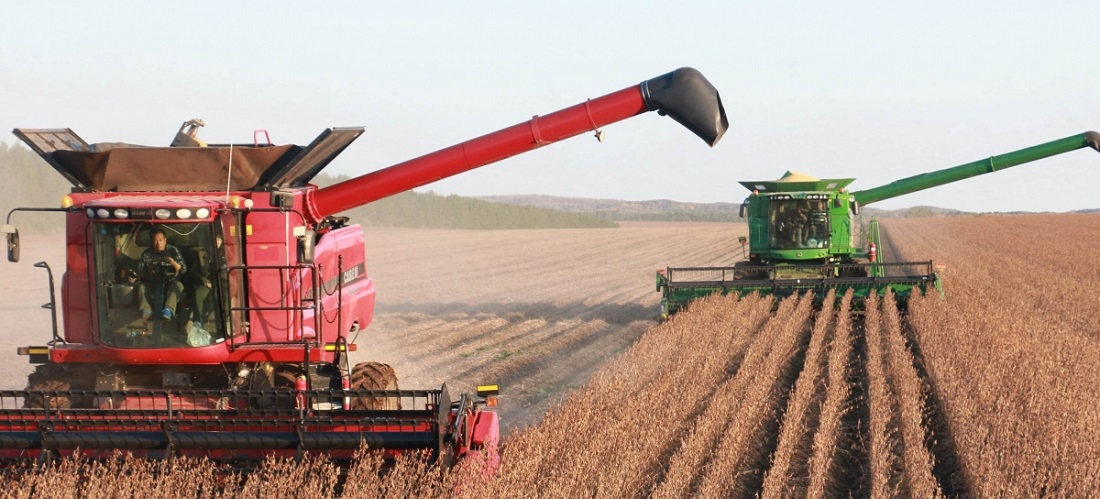
Thailand’s inclusion of two agribusiness chemicals as harmful sparks protests from Brazil and USA
Jun, 22, 2020 Posted by Sylvia SchandertWeek 202026
A recent inclusion by Thailand of paraquat pesticide and chlorpyrifos insecticide to its list of most dangerous substances to human health has caused protests from the United States and Brazil. This is because, according to data from the United Nations, Thailand’s veto could impact wheat and soy exports from the US and Brazil, valued at more than US$1 billion a year. The measure also led to another health regulation being drawn up which prohibits imported food products containing residues of the prohibited chemicals. Thailand’s import ban has already been drafted and been submitted for review by stakeholders. It will become law once it is published in the country’s Official Gazette.
The US and Brazil contested Thailand’s decision in separate letters at the end of May, after Thailand informed the World Trade Organization (WTO) about their move to ban imports, which has yet to be approved. Both the US and Brazil have suggested that the Southeast Asian country needs new scientific evidence, as required by the WTO Agreement on Sanitary and Phytosanitary Measures (SPS), to justify a measure that could restrict international trade.
Thailand imports almost all of its soy from the US and Brazil. In 2019, the country was the eighth and fourth-largest global importer of soy from the U.S. and Brazil respectively, with purchases of US$525 million and US$602 million respectively, according to the United Nations database, Comtrade.
Source: Reuters
-
Grains
Mar, 06, 2019
0
BR-163 remains closed affecting 210,000 tons of soy exports
-
Grains
Jul, 22, 2020
0
Brazil expected to import more wheat from outside Mercosur this year to meet demand
-
Ports and Terminals
Nov, 09, 2023
0
Santos Port Authority Eyes Federal Fund for Green Hydrogen Production
-
Ores
Feb, 07, 2019
0
Minas Gerais cancels Vale’s licenses for one mine and one dam

